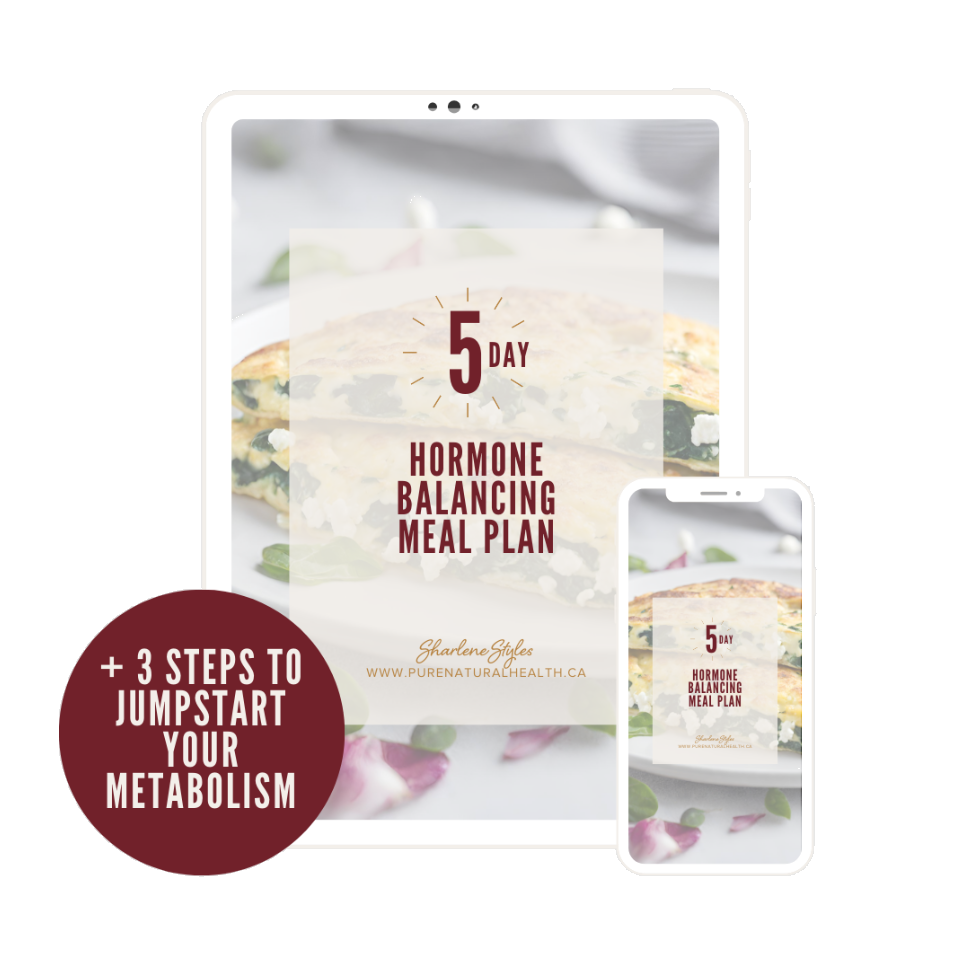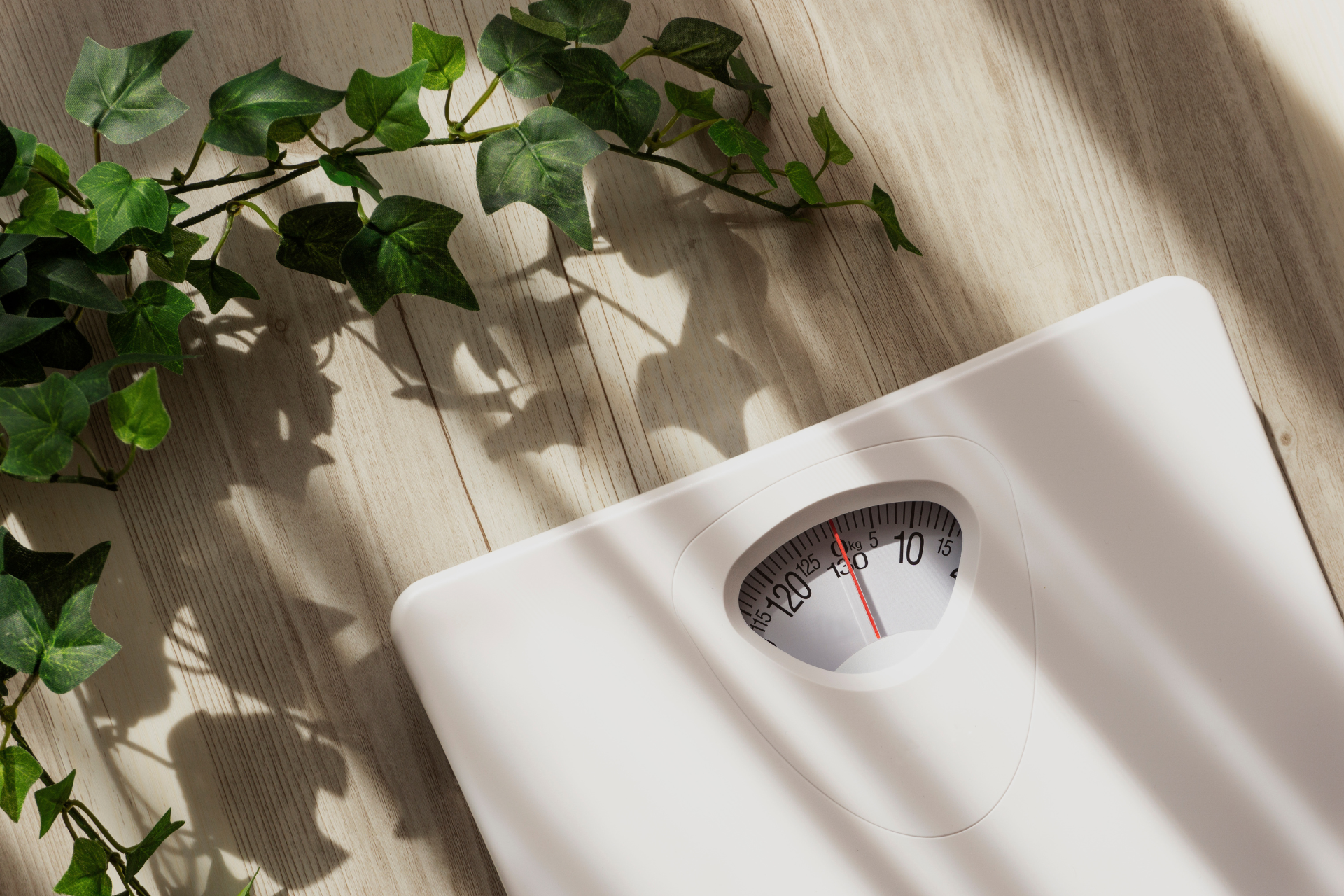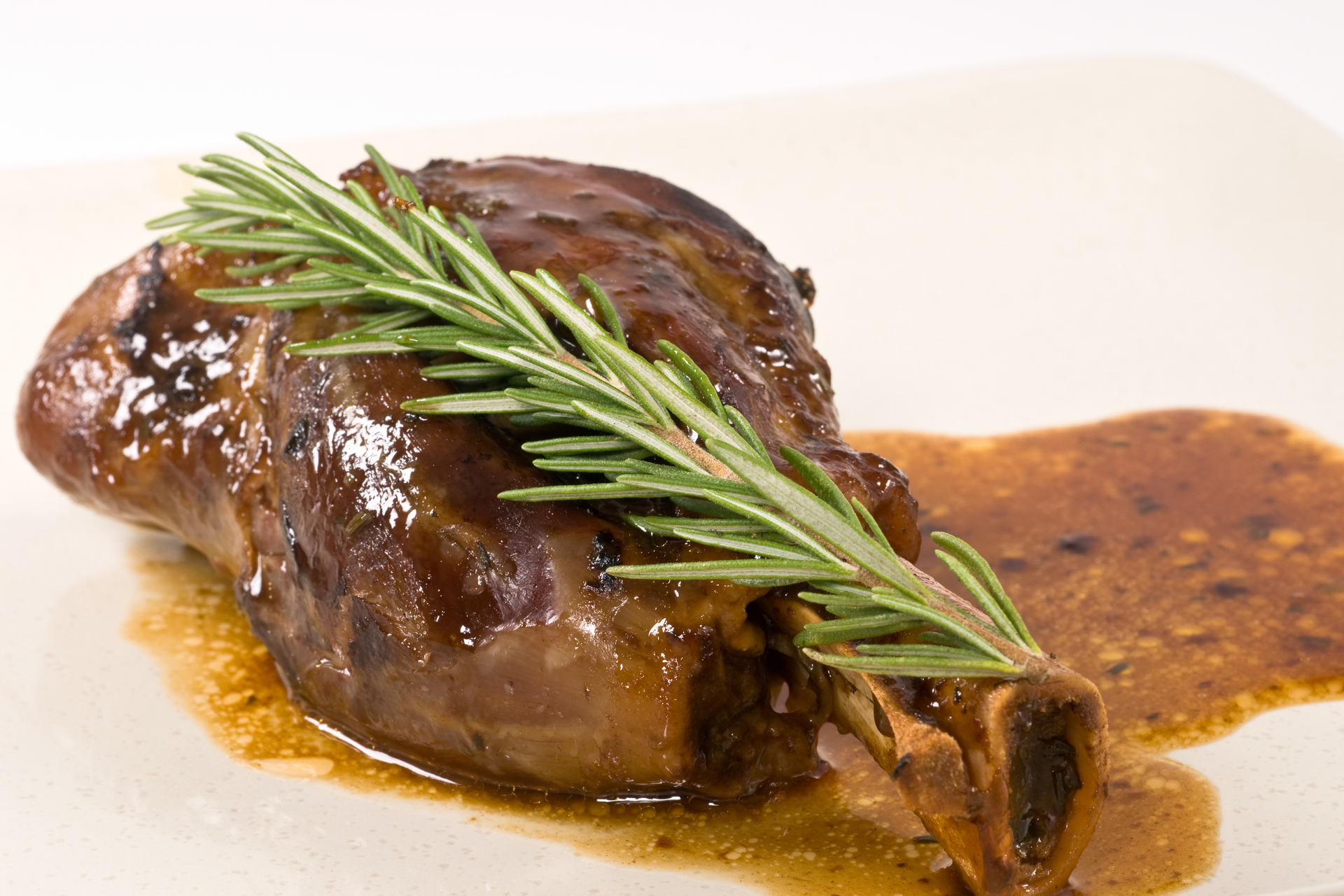Have you ever hesitated to include fats in your diet because you’ve heard they’re bad for you? For years, fats have gotten a bad rap, but we know better now. Even though the fat myth has been debunked, I find that it still exists in many of my clients’ belief systems. Healthy fats are not only good for you, but they’re also essential for overall well-being. They support brain function, hormone production, and nutrient absorption, and they can even help with weight management by keeping you fuller for longer. Plus, fats help nutrients get into your cells and waste out, boosting your metabolism and overall health.
However, it’s important to note that not all fats are created equal. While healthy fats, like those found in olive oil, are beneficial, some fats can be bad for your health. Olive oil is a type of fat that offers a wealth of health benefits. But other oils, such as canola, soybean, corn, and other seed oils, can be problematic. These oils are often highly processed and contain high levels of omega-6 fatty acids. Eating too many omega-6 fats can cause inflammation in the body and has been linked to chronic diseases like heart disease and cancer, not to mention how they can wreck our digestion capacity.
Is olive oil good for you? Absolutely! It’s a cornerstone of the Mediterranean diet, enjoyed by some of the world’s healthiest and longest-living populations for centuries, including those in the Blue Zones. Adding olive oil to your meals is an easy way to boost your intake of healthy fats and support your overall well-being. I often recommend my clients incorporate 1-2 tablespoons (5-10 grams) of healthy fats like olive oil per meal to enhance satiety, balance macros, and help regulate blood sugar levels.
The Nutritional Power of Olive Oil
Here’s why I recommend incorporating olive oil into your diet:
Rich in Healthy Fats:
Olive oil is rich in monounsaturated fats, particularly oleic acid. These fats are known to reduce inflammation and may help lower the risk of certain cancers. Including these healthy fats in your diet can help balance your macros and keep you feeling full longer.
Antioxidant Properties:
Olive oil is a fantastic source of antioxidants, including vitamin E and polyphenols. These antioxidants protect your cells from damage, which can lower your risk of chronic diseases like heart disease and cancer. It’s like giving your body a little extra armor! Research shows that polyphenols in olive oil can significantly reduce oxidative stress and inflammation.
Heart Health:
Regularly consuming olive oil is linked to a reduced risk of heart disease. It helps lower bad LDL cholesterol levels while maintaining good HDL cholesterol, improves blood vessel function, and reduces blood pressure. Studies, such as the PREDIMED study, have found that a Mediterranean diet supplemented with olive oil significantly reduces the incidence of major cardiovascular events.
Anti-Inflammatory Effects:
Chronic inflammation can lead to many serious health conditions, such as heart disease, cancer, metabolic syndrome, diabetes, and arthritis. Olive oil’s antioxidants, especially oleocanthal, have powerful anti-inflammatory effects, similar to those of ibuprofen. This makes it a natural way to keep inflammation in check.
Support for Brain Health:
Studies suggest that the healthy fats in olive oil can help keep your brain sharp and reduce the risk of Alzheimer’s disease. Including olive oil in your diet might be a smart move for your brain too. Research highlights the protective effects of olive oil polyphenols on brain function.
Aids Weight Loss and Obesity Prevention:
Olive oil can help you feel fuller longer, reducing overall calorie intake. Its healthy fats can also boost metabolism and support weight loss efforts.
Combats Mood Disorders and Depression:
The healthy fats in olive oil can support brain health, which is essential for regulating mood and preventing depression. Studies have found that diets rich in monounsaturated fats, like those in olive oil, are linked to lower rates of depression.
Naturally Slows Aging:
The antioxidants in olive oil help fight oxidative stress and free radicals, which can contribute to aging. Regular consumption of olive oil can help keep your skin looking youthful and healthy.
May Help Lower Risk of Diabetes:
Olive oil has been shown to help regulate blood sugar levels and improve insulin sensitivity, which can lower the risk of developing type 2 diabetes.
Associated with Lower Cancer Risk:
The antioxidants and anti-inflammatory properties of olive oil can help protect against certain cancers. Studies have found that regular consumption of olive oil is linked to a lower risk of cancers such as breast cancer and colorectal cancer.
How to Enjoy Olive Oil
While everyone’s dietary needs are different, incorporating one to four tablespoons of olive oil daily generally seems ideal to enjoy the health benefits mentioned above. Incorporating olive oil into your daily routine can be simple and delicious. Use it in salad dressings, marinades, drizzle it over roasted vegetables, or enjoy it with a fresh slice of bread—I recommend sourdough rye for its lower impact on glucose levels and its ease on most stomachs. It’s a versatile ingredient that can enhance both the flavor and nutrition of your meals.
Cooking With Olive Oil
Although olive oil is packed with nutrients, it’s important to use it correctly to maximize its benefits. Olive oil has a relatively low smoke point of around 375°F (190°C). When heated beyond this temperature, it can break down, oxidize, and potentially become rancid or toxic. Overheating olive oil can produce harmful compounds and diminish its beneficial properties.
To maintain its health benefits, use olive oil as a finishing oil. Drizzle it over salads, roasted vegetables, or cooked dishes just before serving to add flavor and nutrition without compromising its integrity. You can also roast, grill, sauté, or steam vegetables, then add seasoning and olive oil after cooking. Additionally, incorporating extra virgin olive oil into pesto, hummus, spreads, raw soups, and dips is a great way to enjoy its benefits. I personally use and recommend Della Terra for its exceptional quality and flavor.
For more inspiration on incorporating olive oil into your diet, I have something special for you: my Free 5-Day Hormone Balancing Meal Plan! This plan is designed to help balance your hormones and boost your energy, and it’s packed with delicious recipes and practical tips to support your metabolism and health.
Get Your Meal Plan Now! Click here to download your free meal plan and start your journey to better.





